Do Squirrels Hibernate? Here's What Actually Happens When They Prepare for Winter
Updated Jan. 10 2024, 2:23 p.m. ET
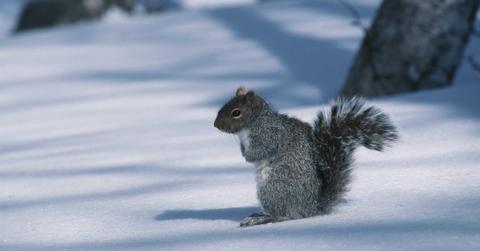
People who are accustomed to having squirrels around might agree that they're equal parts adorable and annoying. Sure, they knock down bird feeders and make little holes in the yard burying their precious nuts and seeds, but these fuzzy, tree-climbing creatures are fascinating to watch if you have the time.
When the weather starts to turn cooler in the autumn, we can see them starting to bury their nuts and put on a little more chub than usual. Many woodland creatures perform this behavior before they hibernate, which begs the question: do squirrels hibernate? Here's a look inside the habits of squirrels, explained.
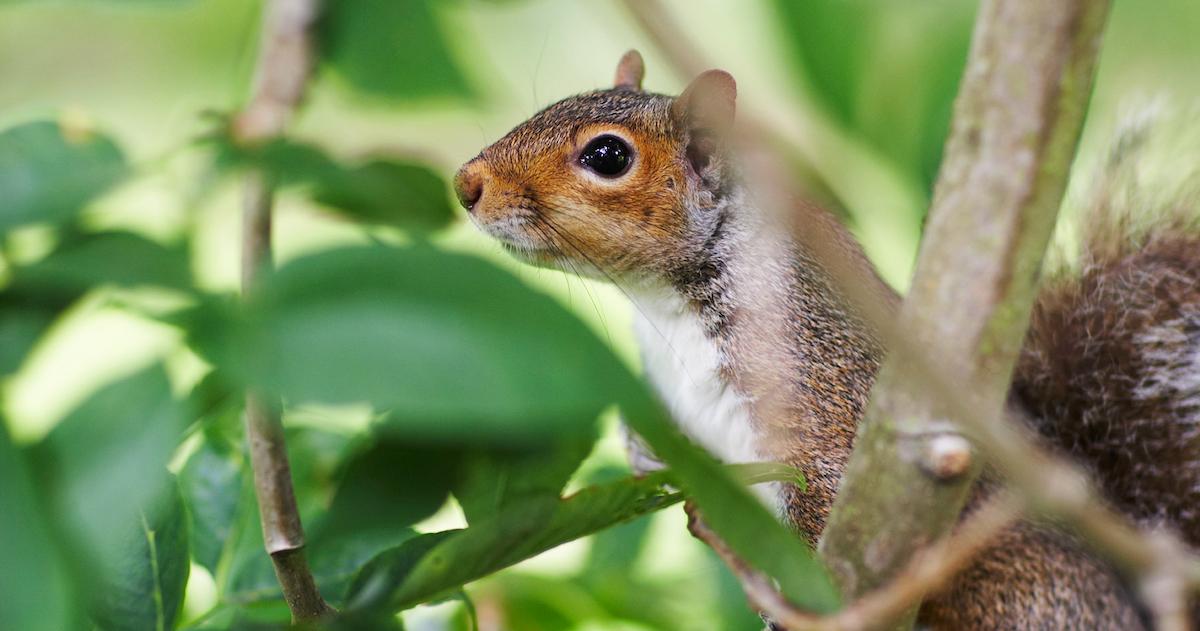
Do squirrels hibernate?
Hibernation has several definitions within the animal kingdom, but essentially, all it refers to is slowing the animal’s metabolism, per the National Parks Service. It is often used in wintertime when food and water are scarce, and energy needs to be conserved until such resources are replenished.
Some animals, like tortoises, turtles, some bear species, groundhogs, and hedgehogs, hibernate through the winter months, while others hibernate over seasons or years.
According to a 2008 study, cicadas have something called diapause, which is an extended period of extreme inactivity that can last many years as the insects mature to adulthood.
So, do squirrels hibernate? Most species of squirrel do not, although some species do, according to Science.org.
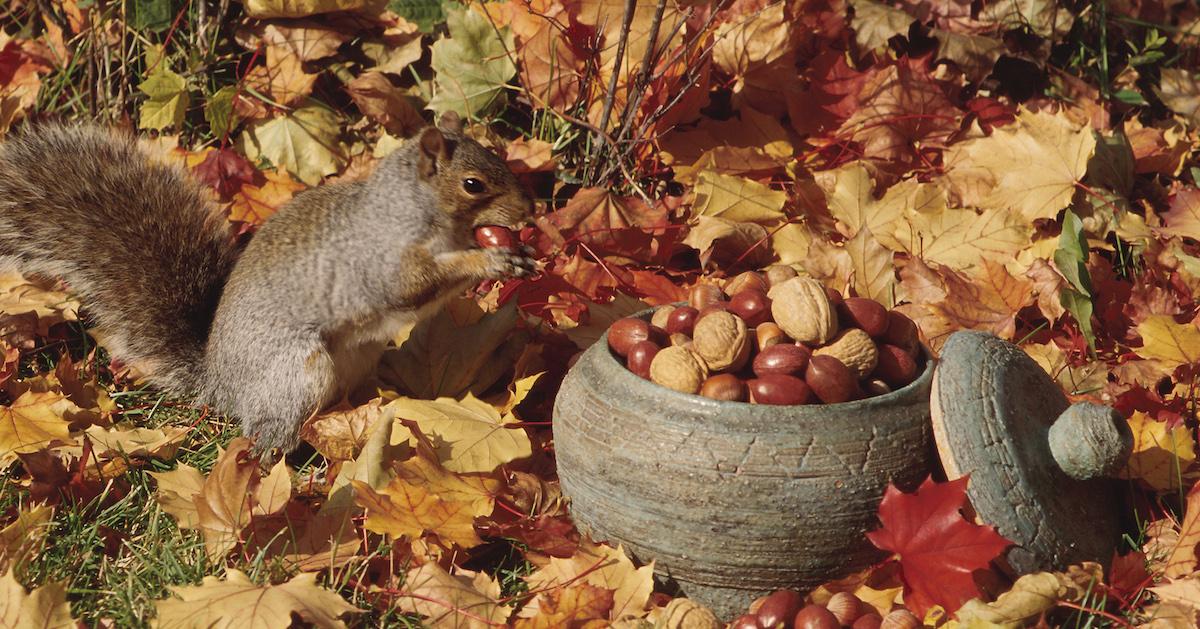
Why don’t squirrels hibernate?
Squirrels don’t hibernate because they don’t need to. Their preparations are such that once winter arrives, they will have enough in their larders and stomachs to outlast the frost.
Squirrels know when the seasons change because their internal photo-neuroendocrine system, identified in a 1998 study, makes them feel like the length of the day changes. Once the fall hits, they know it’s time to start prepping.
Where do squirrels live in the winter?
Squirrels sleep in nests built of twigs, leaves, and moss. They make these nests in tall trees, attics, or sheds rooftops and sleep in them year-round. According to the West Virginia Division of Natural Resources, some squirrels have been known to keep multiple nests to have multiple backups.
Squirrels have several avenues of escape from predators in case humans or nest thieves compromise one or more nests. For winter, squirrels also generally choose the warmest nest to cozy up in.
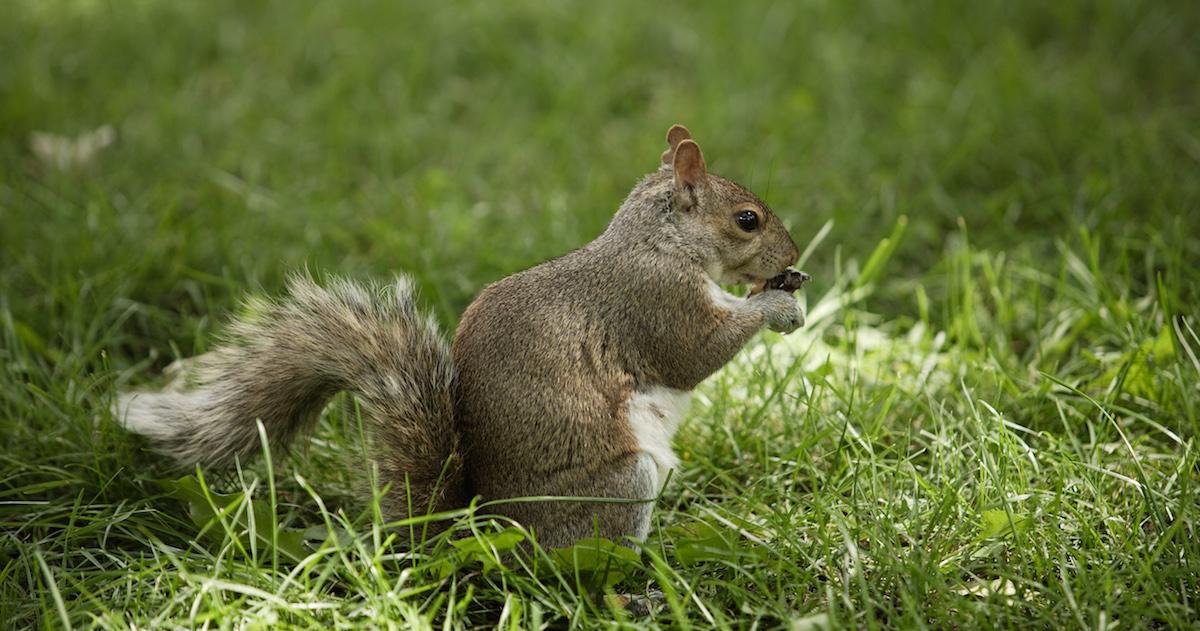
What type of things do squirrels store in winter?
In addition to putting on a good bit of weight before winter, tree squirrels will ensure their hoard is full, just in case. Squirrels practice something called scatter hoarding, per Michigan State University, where they place nuts, seeds, berries, bones, and insects around their nests so they can easily get to them.
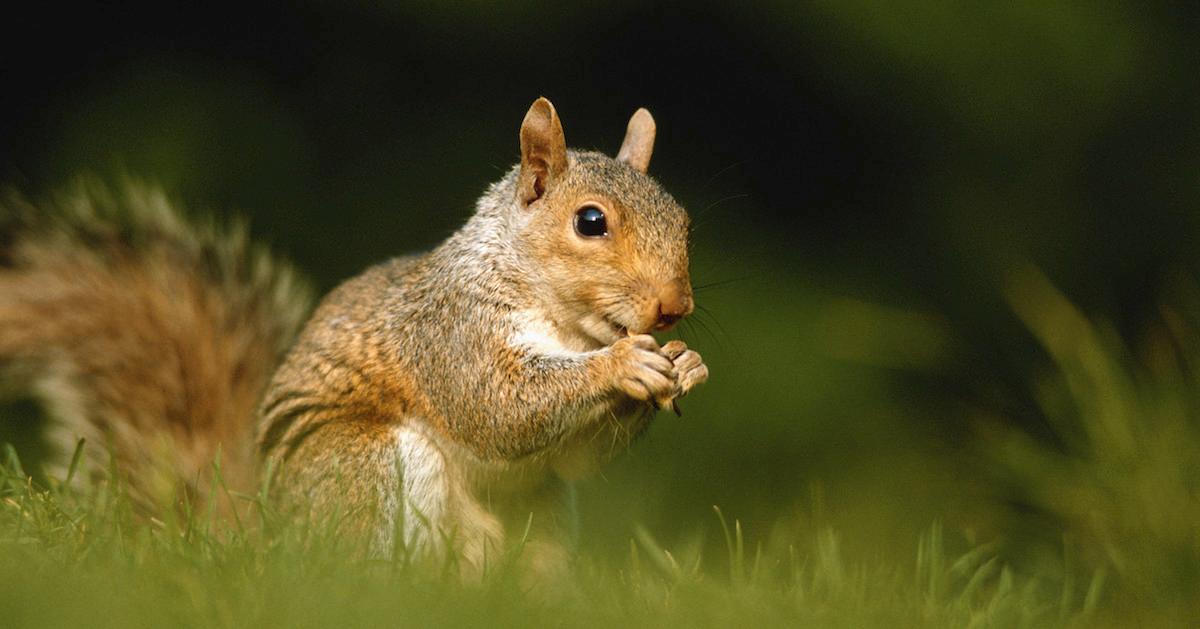
Squirrels will begin the hoarding process by burying much of their collection all over your yard. They do this in an effort to throw off would-be thieves and mislead them into thinking that once they’ve found one nut, they’ve found them all.
According to a 2017 study published in the Royal Society Open Science, most squirrels even remember where they buried their food by way of a technique called spatial chunking. They will then return to dig up these nuts in the warm, daylight hours of winter.
This article, originally posted on Dec. 25, 2020, has been updated.